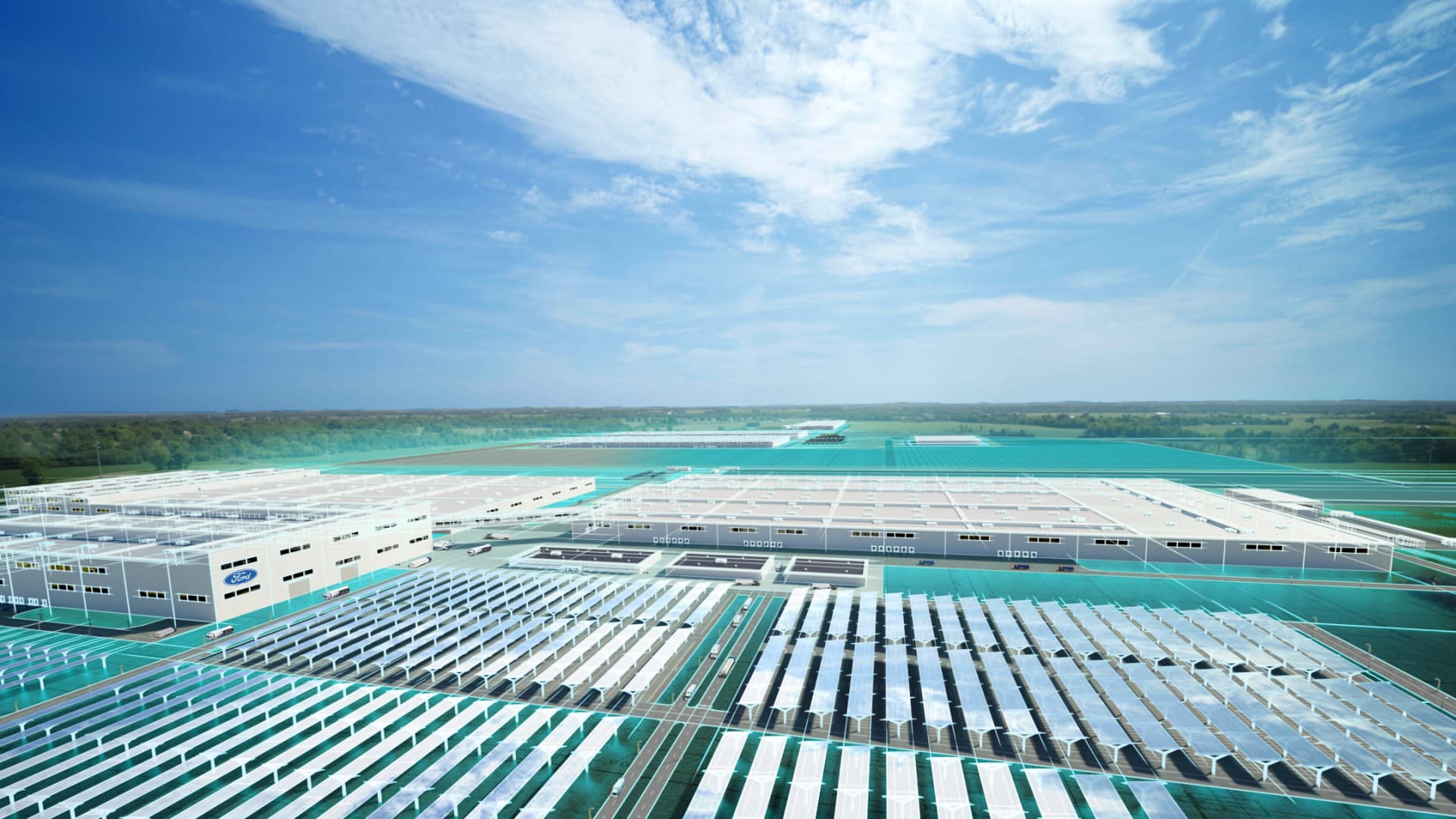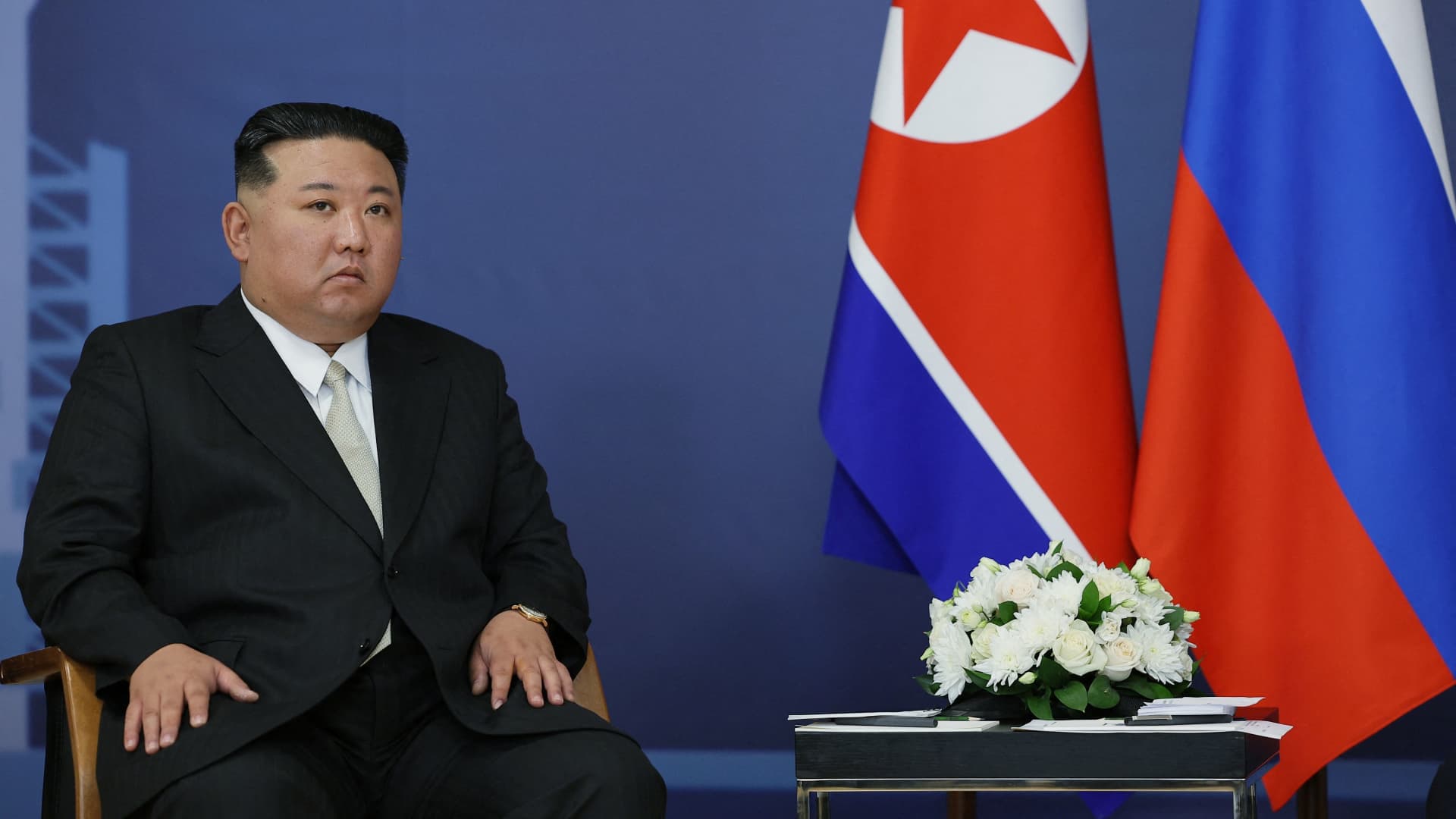Oil producer group OPEC+ surprises energy markets with a small production cut


A group of some of the world’s most powerful oil producers on Monday agreed on a small output cut from next month, surprising energy markets at a time of considerable turmoil.
OPEC and non-OPEC partners, an influential energy alliance known as OPEC+, decided to cut production targets by about 100,000 barrels per day from October.
Energy analysts had broadly expected the group to stay the course with its production policy.
Last month, OPEC+ agreed to raise oil output by just 100,000 barrels per day. The minuscule boost was widely interpreted as a rebuff to U.S. President Joe Biden after his visit to Saudi Arabia to ask the OPEC kingpin to pump more to cool prices and help the global economy.
“The President has taken action – including historic release of oil from U.S. and global strategic reserves and working with allies on a price cap on Russian oil to ensure we maintain a global supply of oil, even as we punish Putin for his action,” said White House Press Secretary Karine Jean-Pierre.
OPEC+ said in a statement that Monday’s decision to revert back to August levels of production was because the upward adjustment was “intended only for the month of September.”
The next OPEC+ meeting is scheduled for Oct. 5.
Oil prices traded sharply higher but were off the day’s highs on Monday afternoon. International benchmark Brent crude futures were up 2.5% at $95.54 a barrel at around 1 p.m. ET, while U.S. West Texas Intermediate futures were up 2.6% at $89.16 a barrel.
Oil prices have fallen around 25% since early June after touching multiyear highs in March. The decline has been fueled by growing concerns that interest rate hikes and Covid-related restrictions in parts of China could slow global economic growth and curtail oil demand.
Monday’s announcement from OPEC+ comes amid a bitter and escalating energy dispute between Russia and the West, with many in Europe deeply concerned about the prospect of recession and a winter gas shortage.
Meanwhile, market participants are closely monitoring the prospect of a supply boost from Iranian crude if Tehran can secure a renewed version of the 2015 nuclear deal.
G-7 backs price cap on Russian oil
European gas prices jumped more than 25% on Monday after Russia’s state-owned energy giant Gazprom announced it would not reopen its main gas pipeline to Europe.
Gazprom said the indefinite shutdown was due to an oil leak in a turbine. The Nord Stream 1 pipeline, which connects Russia to Germany via the Baltic Sec, had been scheduled to reopen on Saturday after three days of maintenance work.
The Kremlin’s halt to European gas flows followed a joint statement from the Group of Seven economic powers backing a plan to implement a price-capping mechanism on Russian oil exports.
The G-7 initiative is designed to deplete Russian President Vladimir Putin’s ability to fund the war in Ukraine. Russia has said it will stop selling oil to countries that impose price caps on Russian energy exports.
EU policymakers have accused the Kremlin of weaponizing energy supplies in a bid to sow uncertainty across the 27-nation bloc and boost energy prices amid the Kremlin’s onslaught against Ukraine.
Moscow denies any blame over the Nord Stream 1 shutdown.
This post has been syndicated from a third-party source. View the original article here.




